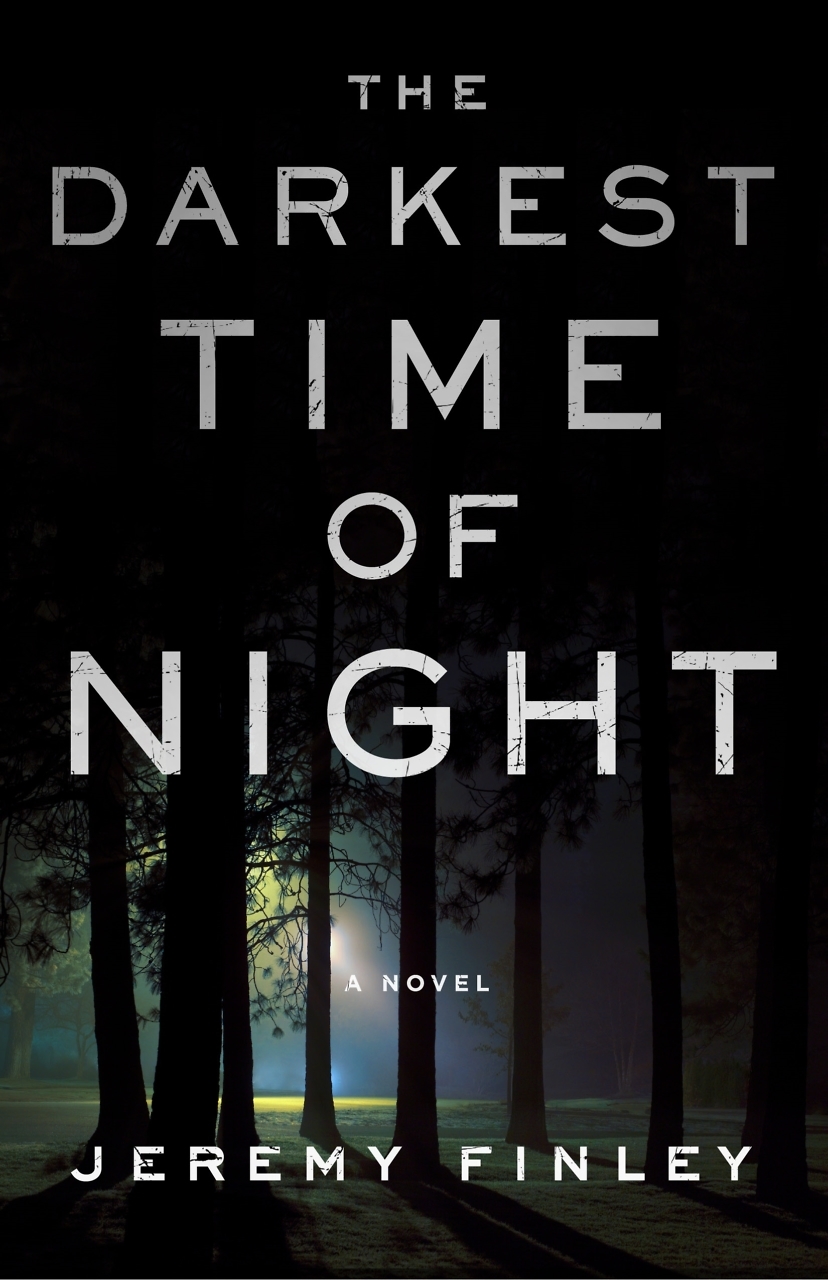Such a Solitary Thing
Lucy Barton returns in Elizabeth Strout’s Oh William!
“Grief is such a — oh, it is such a solitary thing; this is the terror of it, I think,” writes Elizabeth Strout in the voice of Lucy Barton, narrator of Strout’s 2016 bestseller My Name Is Lucy Barton and a character in Strout’s omnisciently narrated 2017 follow-up, the novel/linked story collection Anything Is Possible. “It is like sliding down the outside of a really long glass window while nobody sees you.”

Like her creator, Lucy is a celebrated novelist and so can be permitted such a poignant and haunting metaphor without stretching credulity. Her first appearance in Strout’s fiction established Lucy as one shaped by a childhood of horrific poverty and trauma into a woman of uncommon sensitivity and empathy, even among the sort of writers who specialize in the intricacies of human character and motivation. Her second appearance as first-person narrator in Oh William! may very well be the perfect voice for this fragile, unsettling moment in time.
Lucy’s subject — or, at least, the central focus of her story — is her ex-husband William, whom she left years ago but with whom she has re-established that peculiar sort of intimate acquaintance that sometimes occurs between ex-spouses, something both more and less than friendship. In fairly quick succession, William has been abandoned by his third wife and discovered (thanks to an online DNA/genealogy website gifted to him by his adult children) that he has an older half-sister he never knew existed — a daughter from his mother’s first marriage, whom she chose to keep hidden from him. Given his latest wife’s exit and the aforementioned peculiar sort of intimate acquaintance, William asks Lucy to accompany him as he travels to Maine searching for answers.
 No one else currently writing in English can match Elizabeth Strout’s gift for limning the complexity of human emotion and identity. It is not hyperbole to say that she is a transcendent writer, the heir of Henrik Ibsen and Anton Chekhov, of Kate Chopin and George Eliot. There’s a story here, for sure; Strout has a marvelous knack for presenting the strange turns of fate that can befall even the most ostensibly “normal” people in a manner both entrancing and entirely plausible. But Strout’s genius lies in her attention to the little words and gestures that illuminate human character and make us look again at our own lives with fresh eyes. Lucy describes all of the people she encounters and the sometimes mundane, sometimes extraordinary interactions she experiences with the sensitivity of an artist and the plainspoken judgment of a mother.
No one else currently writing in English can match Elizabeth Strout’s gift for limning the complexity of human emotion and identity. It is not hyperbole to say that she is a transcendent writer, the heir of Henrik Ibsen and Anton Chekhov, of Kate Chopin and George Eliot. There’s a story here, for sure; Strout has a marvelous knack for presenting the strange turns of fate that can befall even the most ostensibly “normal” people in a manner both entrancing and entirely plausible. But Strout’s genius lies in her attention to the little words and gestures that illuminate human character and make us look again at our own lives with fresh eyes. Lucy describes all of the people she encounters and the sometimes mundane, sometimes extraordinary interactions she experiences with the sensitivity of an artist and the plainspoken judgment of a mother.
Out of context, Strout’s title might seem a bit glib, but by the end of the novel, any other feels unimaginable. “Oh, William!” appears again and again, sometimes as an expression of pity or sorrow, sometimes as exasperation or resignation, until finally, it becomes an echo of another legendary New York writer. “Ah, Bartleby! Ah, humanity!” writes Herman Melville at the conclusion of “Bartleby the Scrivener,” his short masterpiece on the subject of inconsolable loneliness. “When I think Oh, William!, don’t I mean Oh, Lucy! too?” says Strout’s narrator. “Don’t I mean Oh, Everyone, Oh, dear Everybody in this whole wide world, we do not know anybody, not even ourselves!”
For Lucy Barton, this is less an expression of pity than one of wonder — a wonder tinged with sadness and pity, but also with hope. If, as Strout writes, we are all mysteries, even to ourselves, there is still something about and within us to be discovered — something by which we might feel chastened, but through which we might also be redeemed.

Ed Tarkington is the author of two novels, The Fortunate Ones (2021) and Only Love Can Break Your Heart (2016). He lives in Nashville.


